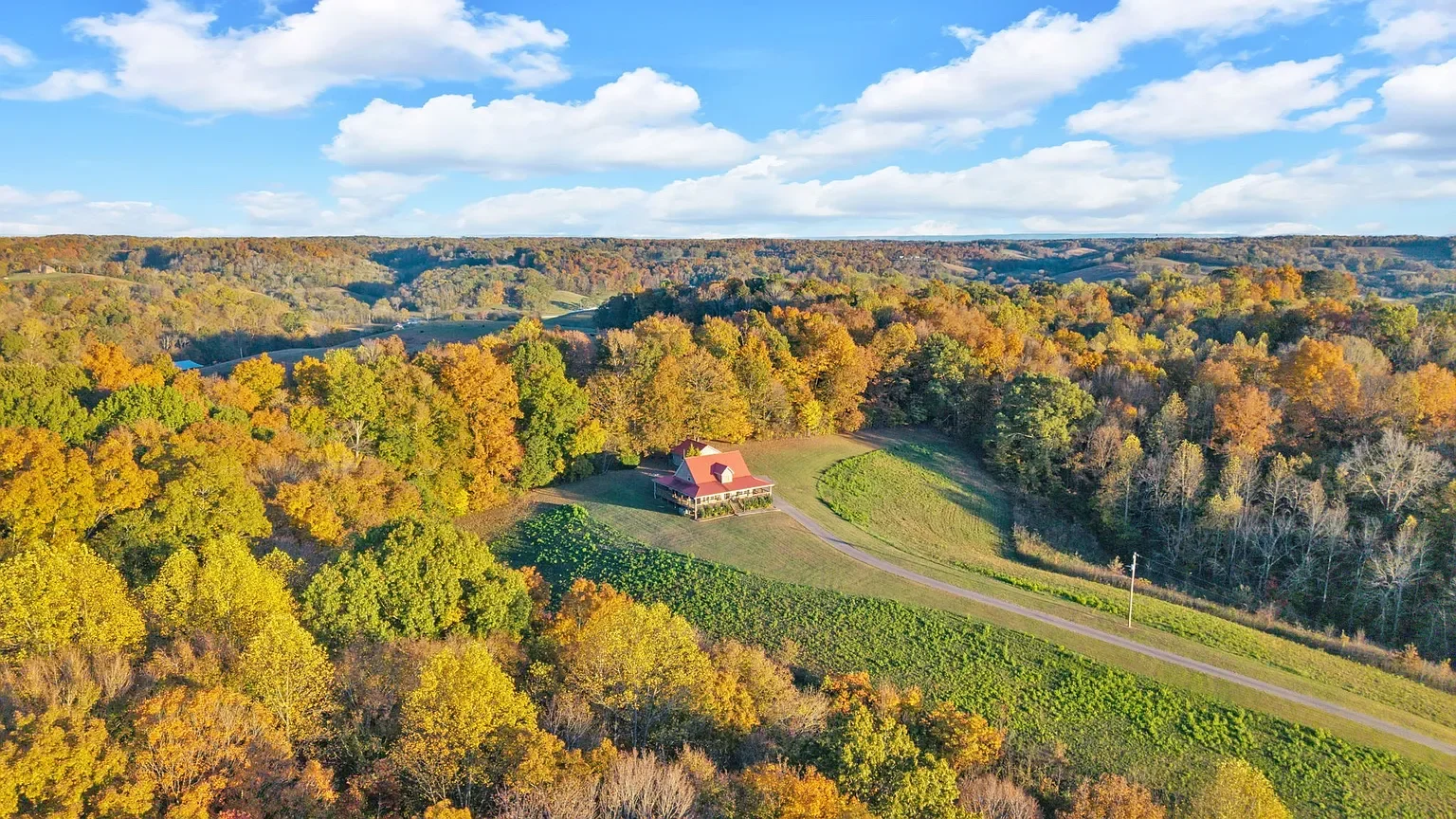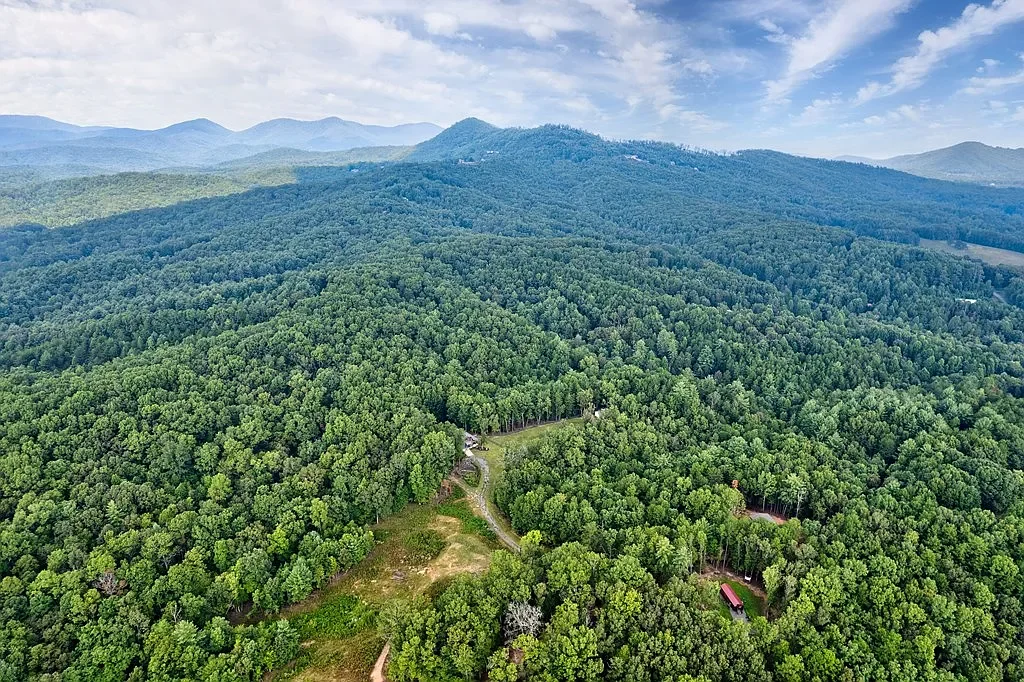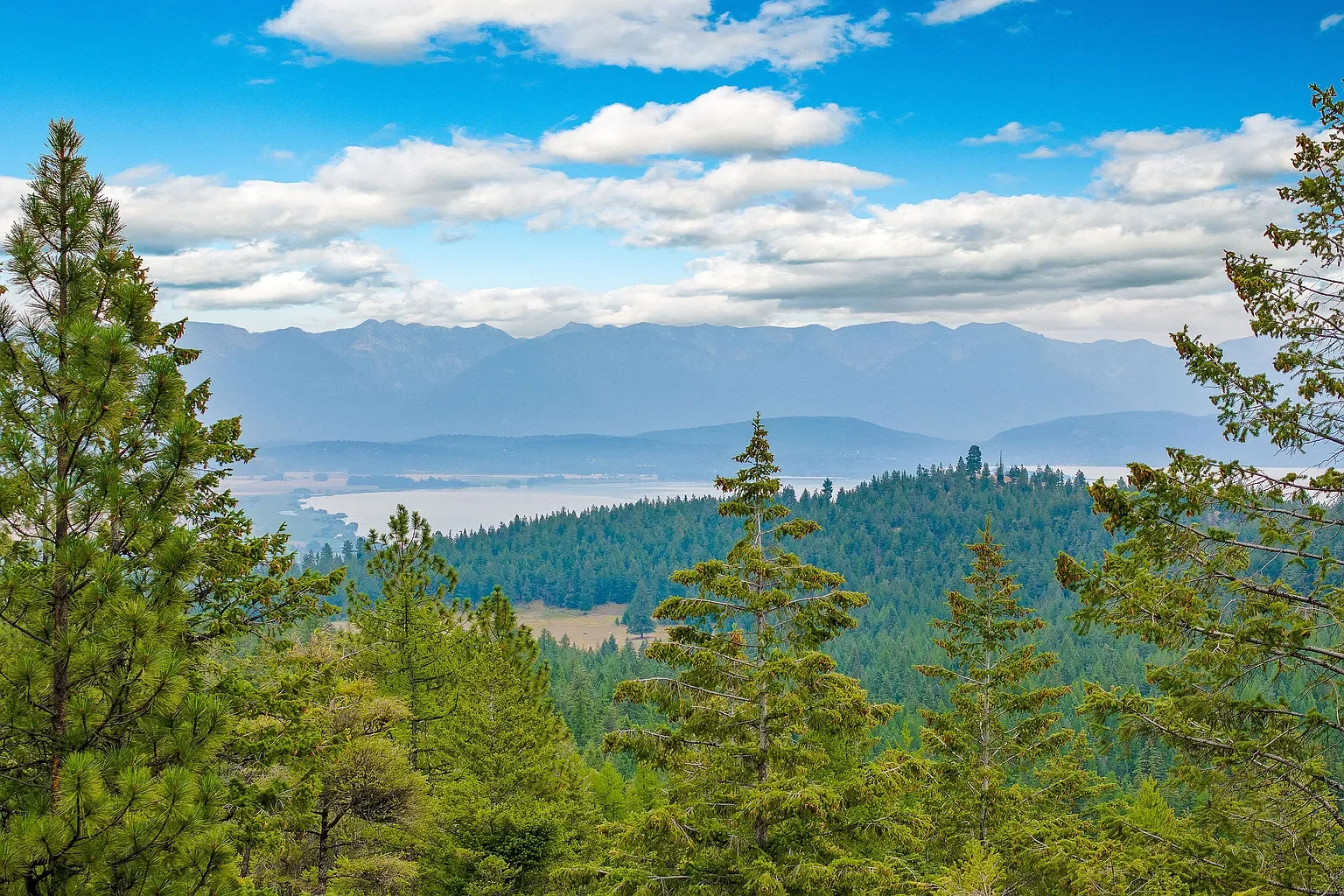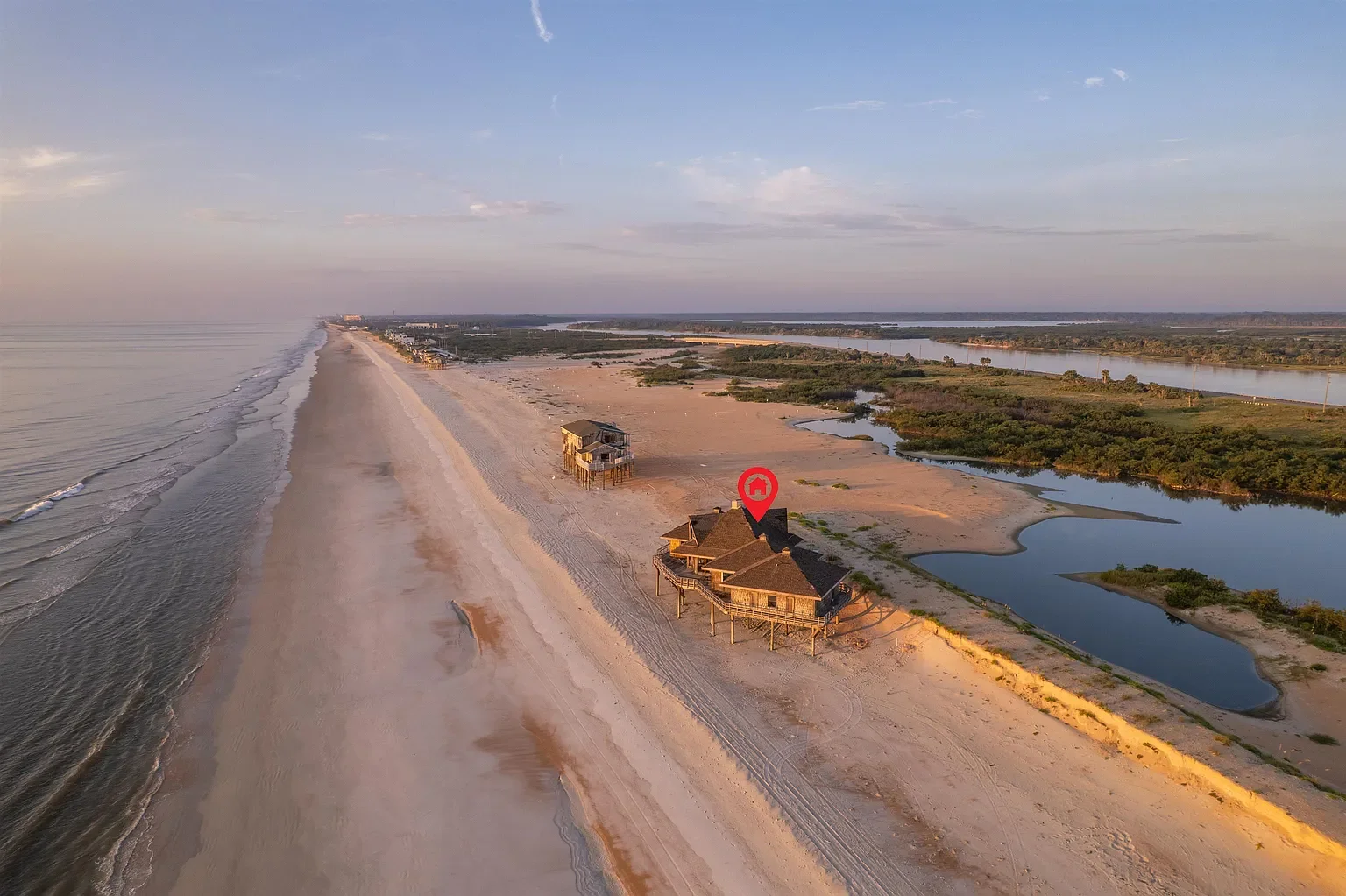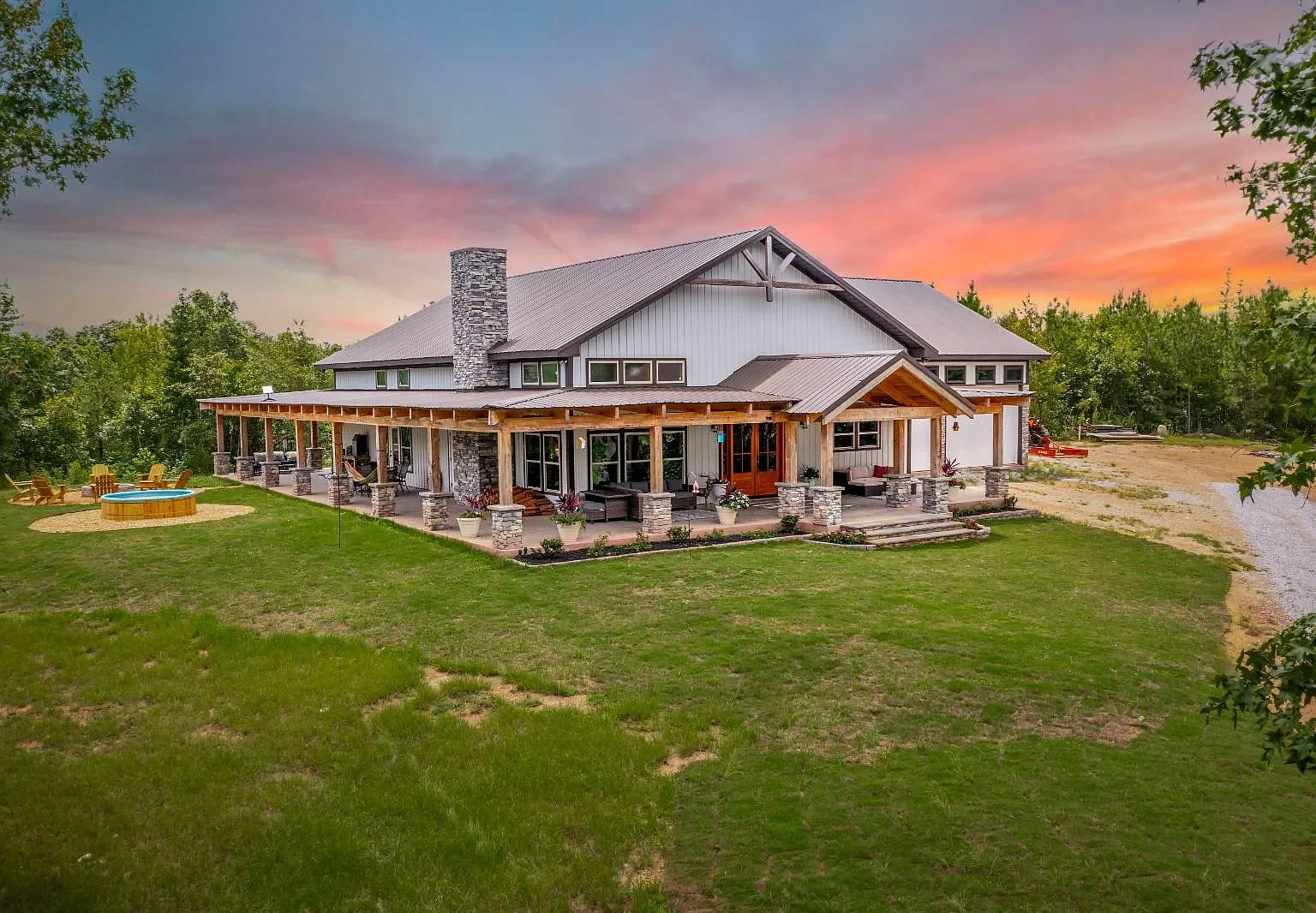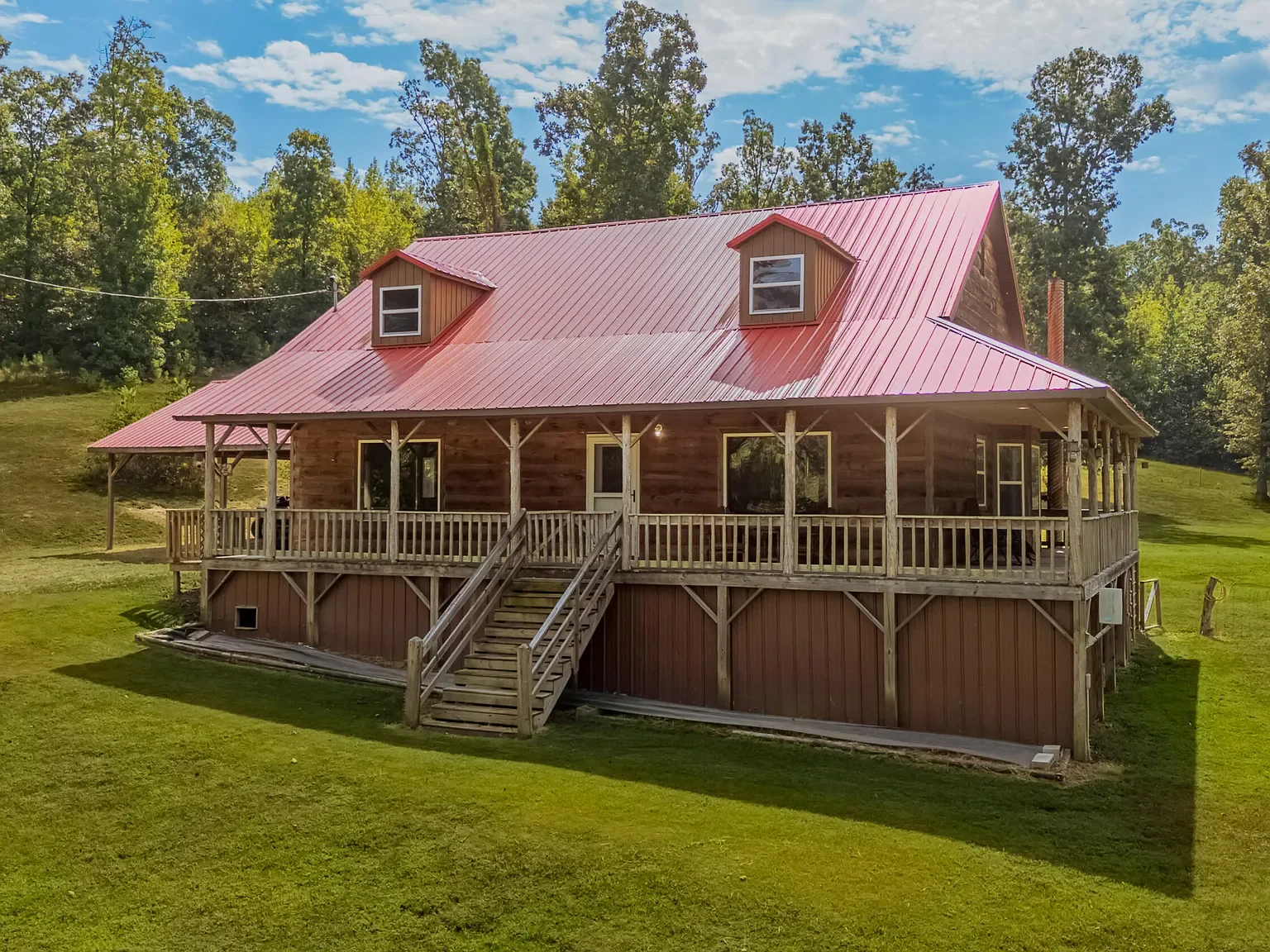How to Retire on a Homestead: Affordable States Where Your Dollar Stretches
Why Retirees Are Choosing Rural Land Over Cities
Retirement no longer means a condo in Florida or a small apartment near the grandkids. Across the country, retirees are leaving cities behind and choosing homesteads, cabins, and rural properties instead. Why?
Lower cost of living: Land and housing are often half the price—or less—compared to major metro areas.
Self-sufficiency: Many retirees enjoy gardening, raising chickens, or even installing solar panels to cut utility bills.
Peace and space: Instead of traffic noise, you wake up to birdsong, mountain views, or rolling fields.
For many, the homestead lifestyle represents freedom, simplicity, and a safer way to stretch retirement savings.
The Best States Where Land Is Still Affordable
Not every state offers the same value. While some rural markets have boomed in price, others remain affordable while still delivering natural beauty, friendly communities, and access to healthcare.
Tennessee
Median home price: Far below the national average.
Why it’s great: Mild climate, low property taxes, and no state income tax. The Smoky Mountains offer natural beauty, while small towns provide affordable homesteads on acreage.
Montana
Median home price: Rising, but large tracts of land remain reasonable outside resort areas.
Why it’s great: Wide-open spaces, clean air, and a slower pace of life. Perfect for retirees who want elbow room, hunting, or off-grid opportunities.
Arkansas
Median home price: Among the lowest in the country.
Why it’s great: Affordable farmland, low property taxes, and a four-season climate. Northwest Arkansas also provides access to hospitals and shopping while staying rural at the edges.
Kentucky
Why it’s great: Known for fertile farmland and rolling hills, Kentucky offers affordable rural properties within reach of modern healthcare and airports.
Missouri
Why it’s great: Offers a mix of affordability, good road networks, and proximity to both rural land and mid-sized cities for healthcare needs.
Tax Benefits, Healthcare Access, and Cost of Living
Retiring on a homestead isn’t just about land—it’s also about financial security.
Taxes: States like Tennessee and Florida have no income tax, letting retirees keep more of their Social Security and pension income. Many rural states also have lower property tax rates.
Healthcare: Access matters as we age. The key is finding rural areas within a short drive of regional hospitals or university medical centers.
Living costs: Rural life often means lower utility bills, cheaper groceries (especially if you garden), and less temptation to spend on city luxuries.
By choosing carefully, retirees can build a homestead lifestyle that is both financially sustainable and deeply rewarding.
Final Thoughts
Retirement doesn’t have to mean downsizing to a small condo in a busy city. For many Americans, the dream is owning land, living closer to nature, and enjoying the freedom of rural life. With smart planning, states like Tennessee, Montana, Arkansas, Kentucky, and Missouri still offer affordable opportunities to make that dream real.
Whether you want a small cabin, a farm with chickens, or simply space to breathe, retiring on a homestead might just be the best way to make your retirement dollars stretch further.

